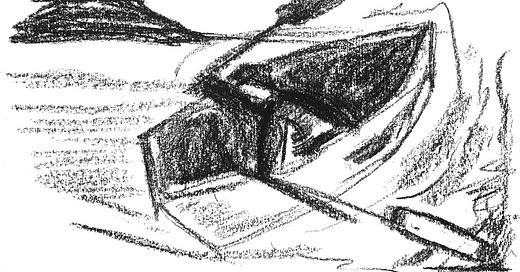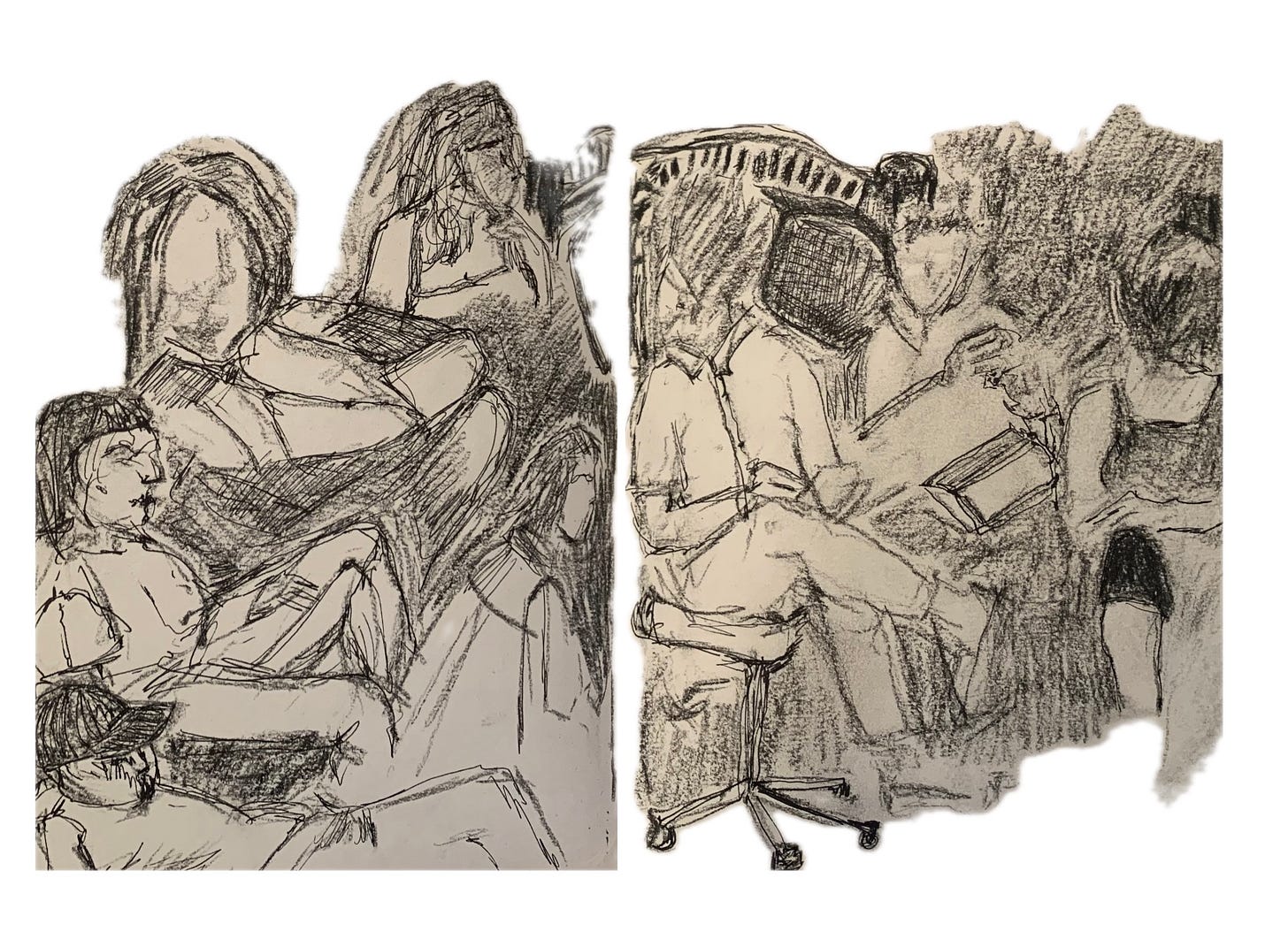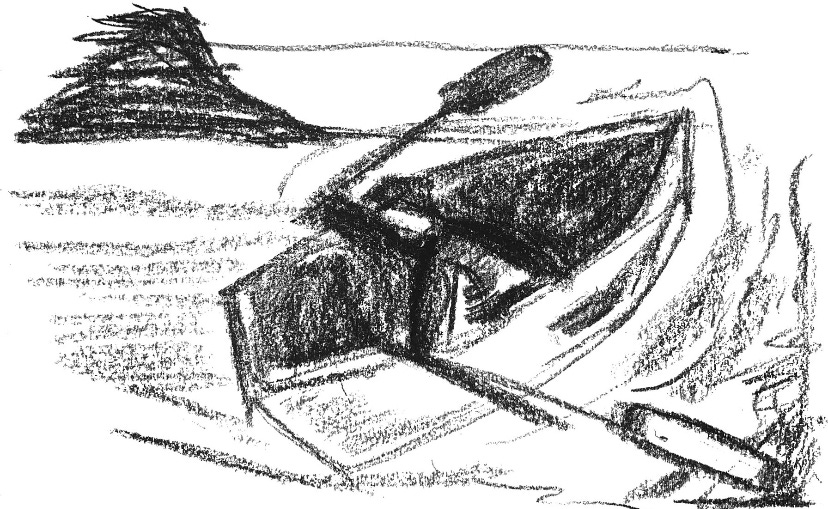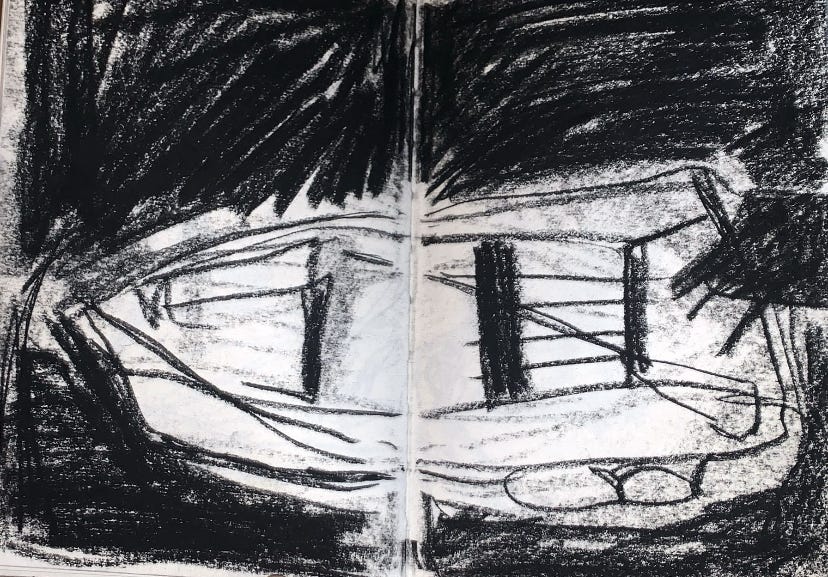There’s something very strange about reading Rousseau and then coming up against his ideas in real time, in the real world—or at least a very small part of it.
“A genuine democracy never has existed, and never will exist,” he claims in The Social Contract. The conditions are too tenuous for a state to function as a true democracy. A state can be democratic, a watered-down adjective more fit for Rousseau’s Geneva.
The college I go to requires its (very small) student body to engage in self-governance, the kind of direct democracy that could never work on a larger scale. Individual freedom and obedience to the laws we uphold are considered the same thing.
“Whoever does refuse to obey the general will,” as Rousseau writes, is “constrained by the whole body, which means nothing else but that he be forced to be free.” In practice, a voluntary conformity to some prescribed laws means the freedom to change the laws we live under. And we always live with the knowledge that “each necessarily submits to the conditions which he imposes on the others.” Self-interest keeps us honest, I guess.
Rousseau acknowledges that “there is a great difference between being obligated toward oneself and toward a whole of which one is a part.” This is the difference between the way we naturally are and the way we’ve come to be in civilization. In our tiny republic, “each gives himself to all.” Sounds a bit intimate! But it doesn’t work any other way. The project of small-scale self-governance is special because “as soon as someone says, What do I care? about the affairs of state, the state should be regarded as lost.”
I didn’t come to this college to participate in self-governance. I wasn’t really invested in this part of the education. But reading Rousseau made me think: Are we the only true democracy? That’s a lot of pressure!
As Rousseau tells us, “no government is as subject to civil wars and intestine turmoil as democratic or popular government, because there is none which tends so strongly and so constantly to change form or which requires greater vigilance and courage to maintain its own form.” And I realized that I have to have my share of vigilance and courage—not just to uphold a system that works but to (carefully, intrepidly) try to make it better.







